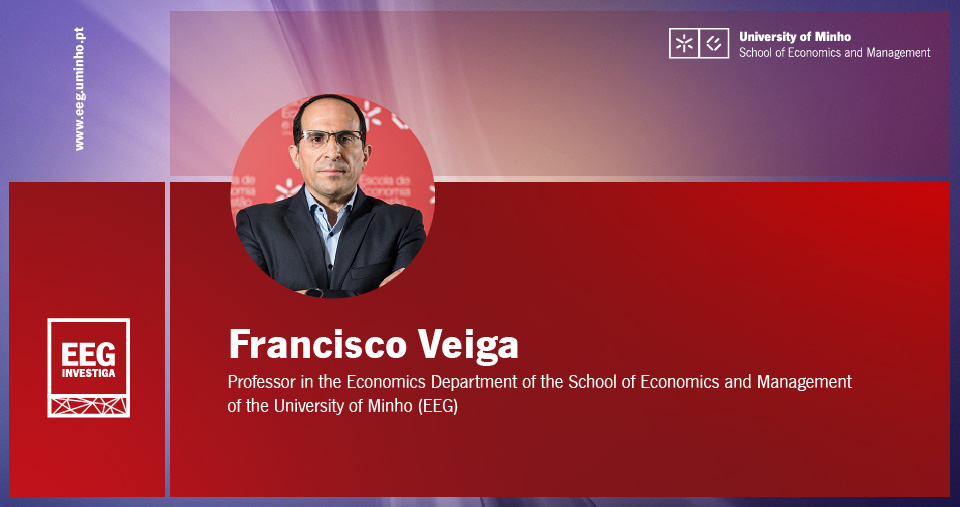Tuesday, 4/16/2024

Francisco Veiga, a lecturer in
the Department of Economics at EEG-UMinho and a researcher at the Centre for
Research in Economic Policies (NIPE), is co-author of the paper "When do
more selfish politicians manipulate less, not more?", for which he did the
empirical analysis. He collected data from 87 countries and tested the implications
of the theoretical model developed by the co-authors. A few months after the
Portuguese parliamentary elections and less than two months away from the
European elections, we take a look at the study's main conclusions.
"I've been interested in
the subject of political and budgetary cycles for many years," stated the
professor. That's why he didn't hesitate to accept the invitation from Xue
Wang, from the Southwestern University of Finance and Economics (China), and
Frank Bohn, from Radboud University (Netherlands), to take part in this study.
The results surprised the researchers.
"Previous studies suggest
that greater rent extraction by politicians is associated with greater
electoral distortions in spending," they point out. However, the
theoretical model and results of the study show that, in order not to risk
losing elections, politicians seek to avoid excessive manipulations of public
spending, "which go beyond the level that maximizes the probability of
re-election".
In essence, this article shows
that fiscal illusion in relation to debt makes it easier to manipulate the
electorate about spending. According to Francisco Veiga, this study not only
reflects the importance of making budget data available and publicizing it in a
transparent way, but also "reinforces the need to invest in citizens'
economic and financial literacy".
Francisco
Veiga began his academic career at the University of Minho in 1991. Between
1994 and 1998, he worked in the Economics Department at the University of South
Carolina, in the USA. He is a Full Professor in the Economics Department of the
School of Economics and Management at the University of Minho.
He has a degree in
International Economic and Political Relations from UMinho and a PhD in
Economics from the University of South Carolina, teaches and researches in the
areas of Macroeconomics, International Monetary Economics, Political Economy
and Economic Growth. He was president of the European Public Choice Society
from April 2017 to April 2019, is a member of the Editorial Board of the
European Journal of Political Economy, co-editor of Economic Notes, has
published several articles in scientific journals, including the Journal of
Development Economics and the European Economic Review. He has participated in
and coordinated several projects funded by the Foundation for Science and
Technology (FCT).
He was president of the School
of Economics and Management, an elected member of UMinho's General Council,
director of the Centre for Research in Economic Policies (NIPE), of the
Department of Economics, of the PhD, Master's and Undergraduate programmes in
Economics.
Among the consultancy activities he has carried out
are studies for the European Court of Auditors, the Associação Missão
Crescimento, the Direção Geral das Autarquias Locais, the Secretaria de Estado
da Cultura and the company Parque Escolar, E.P.E.
Gabinete de Comunicação
Escola de Economia e Gestão
Universidade do Minho
Telefone: 253 604541
Email: gci@eeg.uminho.pt

